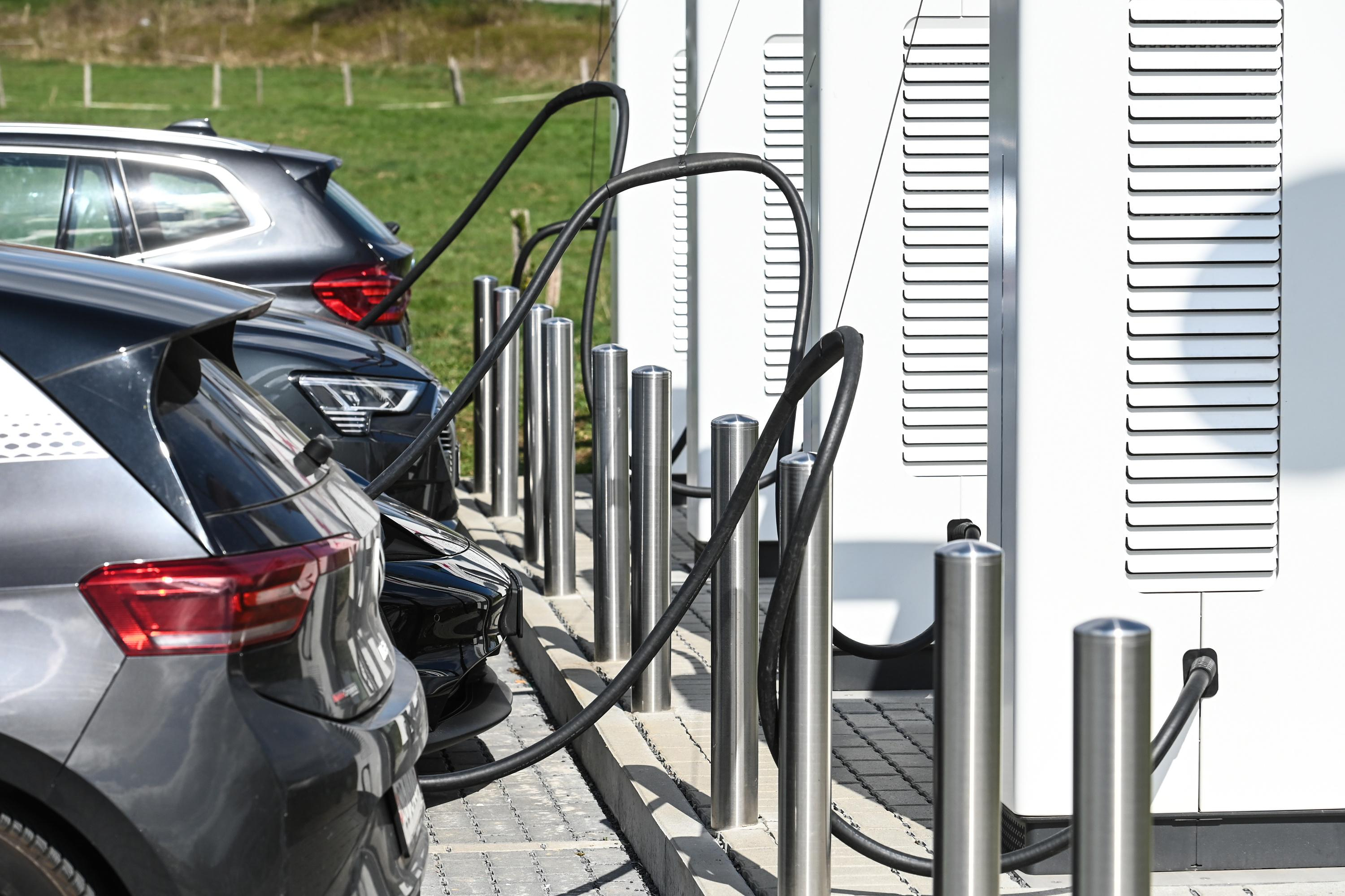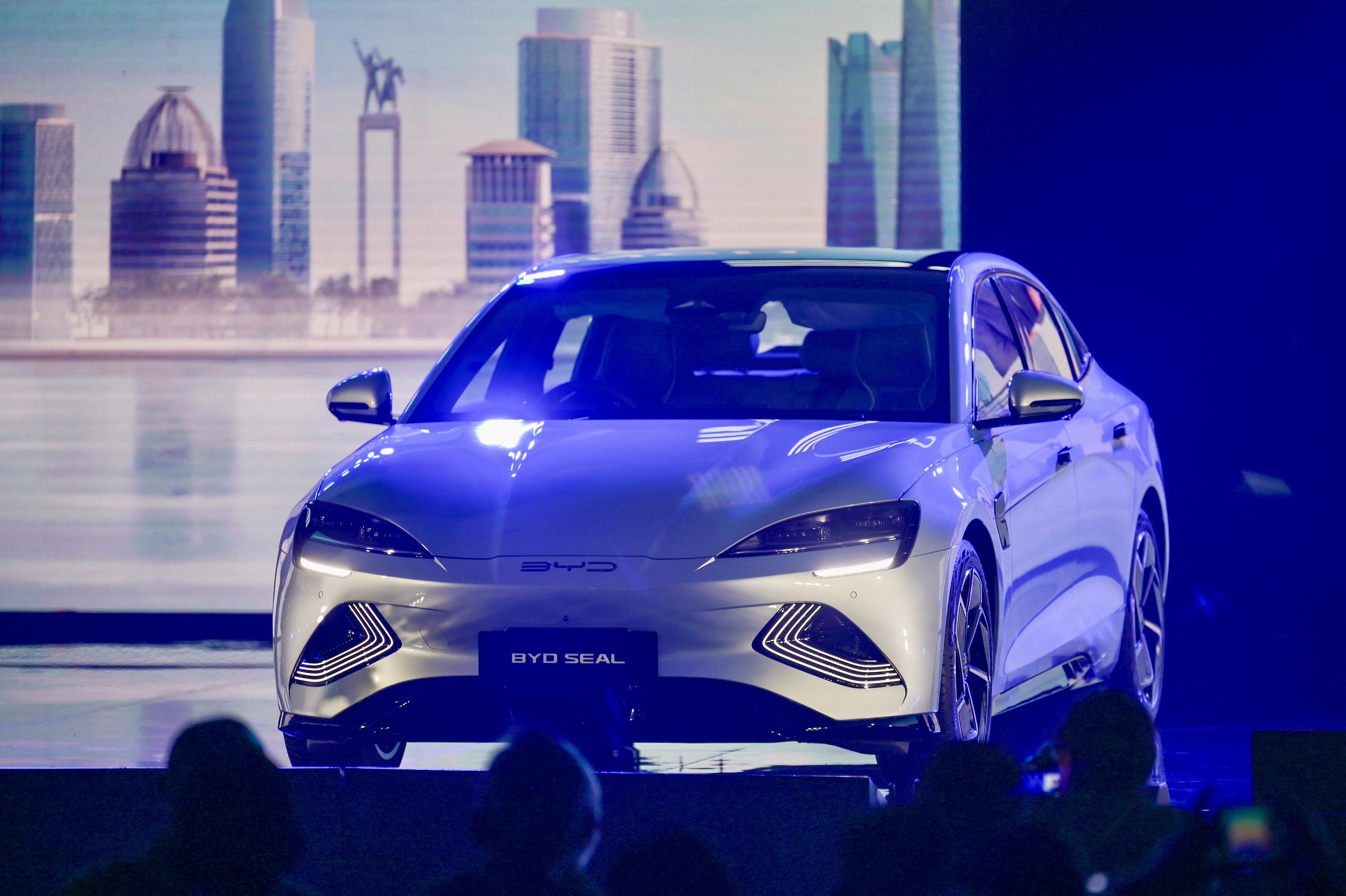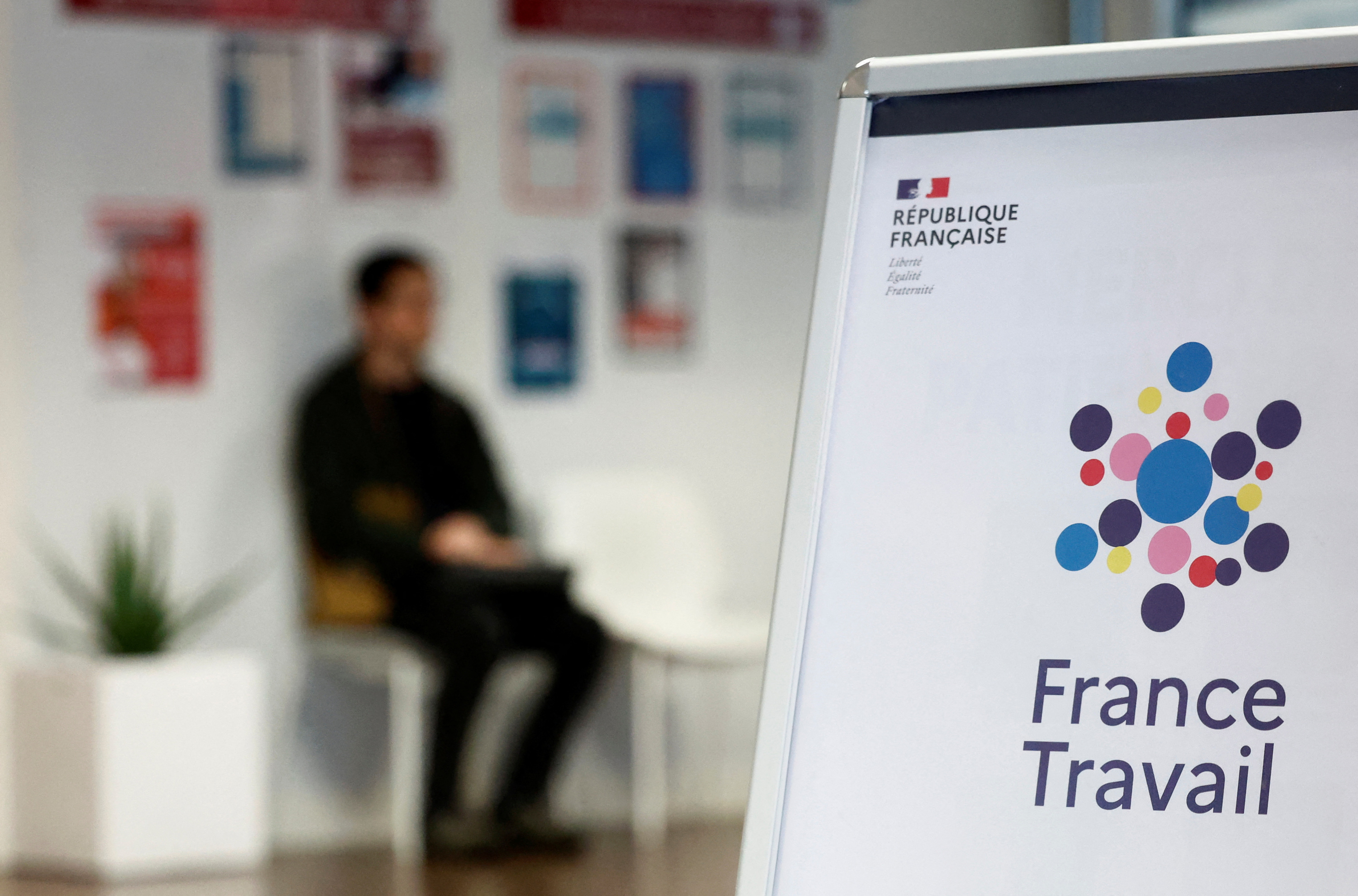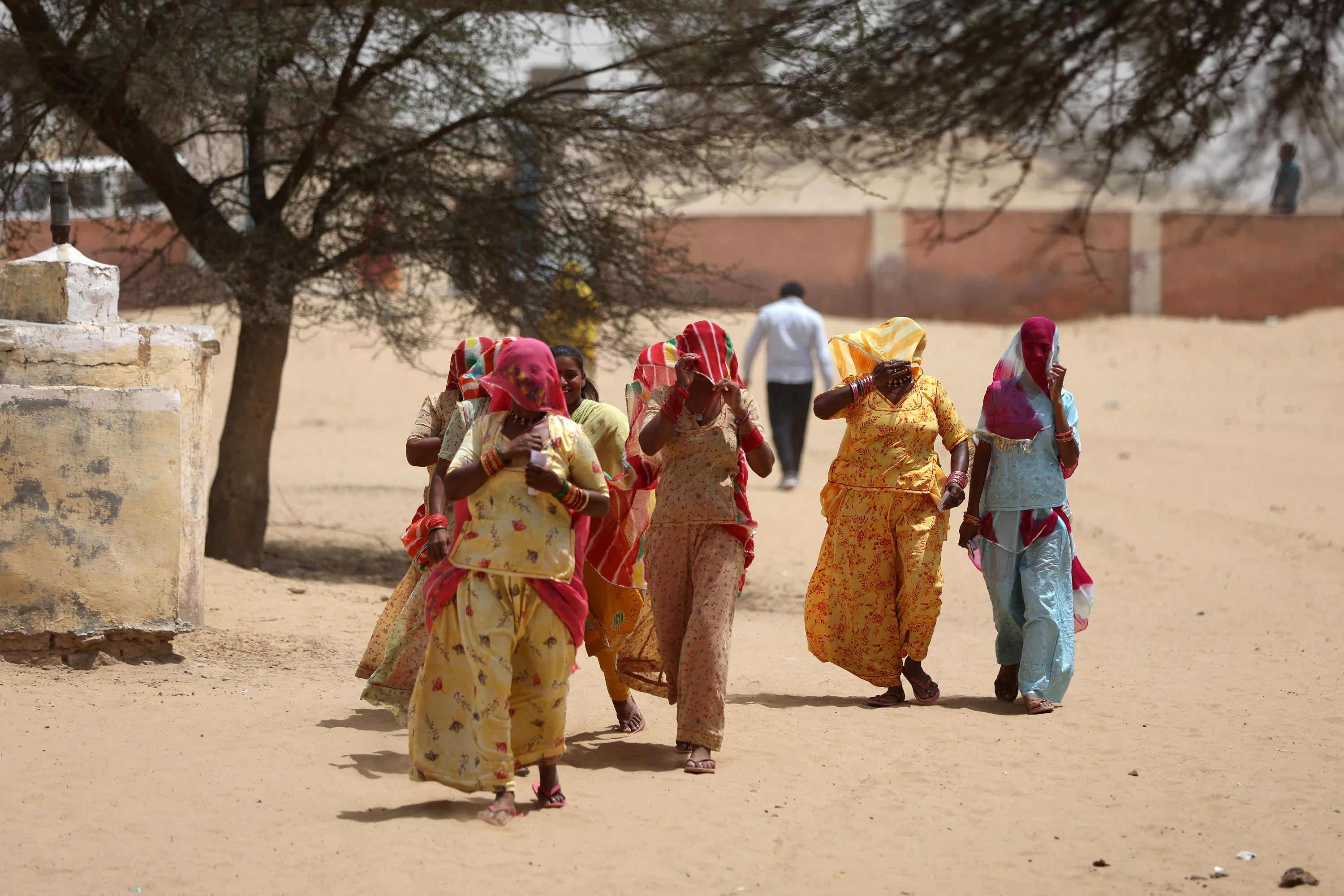Sustainability and skiing – does that go together? Not at first glance, after all, lifts and gondolas, snow cannons and snow groomers use up a lot of energy. But it's worth taking a second look, namely to Tyrol, to the Skiwelt Wilder Kaiser-Brixental. In 2017, for example, it received the World Snow Award for Eco-Ski Resort of the Year in London, presented by the British daily newspaper The Telegraph.
In 2022, the area received the climate protection award from the Working Group of the Alpine Countries for its mobility concept. Also last year, in the sustainability comparison of the online portal Skiresort.de, the Tyrolean company was the most environmentally friendly ski operation in the Alps.
And how does it look on site? Anyone who is out and about in the ski world in the Kaisergebirge will first notice the sustainability in everyday winter sports - nothing. In other words: You can ski happily and without any restrictive conditions, there are even lifts with heated seats.
Supported by snow cannons, Frau Holle has let enough flakes fall this season, currently 75 centimetres. That's enough to open 233 of 270 kilometers of pistes; 79 of 83 lifts and gondolas are currently in operation. The ski area takes its name from the Wilder Kaiser, it is located a little south of the mountain range in a sunny location; The pistes lead up to almost 2000 meters.
Those responsible see themselves as self-confident pioneers when it comes to sustainability. After all, the ski area was the first in the world to build a solar-powered lift in Brixen im Thale - that was in 2008. "It was such a sunny corner there," recalls Rudi Köck, Managing Director of Bergbahn Brixen, which is how they came up with the idea .
The project has paid off: "The solar lift needs as much energy as the photovoltaic system provides." In general, they were early on with the topic: "At that time there were just 13 electric cars in the whole of Tyrol," says Köck, "one owned them Skiwelt, and we supplied it with our own green electricity."
The sun lift was just the beginning. Today you can see photovoltaic systems at the lift stations everywhere in the Skiwelt, for example at the Jochlift, at the Zinsbergbahn and since 2022 also at the Ellmau mountain railways. New ones are constantly being added, says spokeswoman Anita Baumgartner. The systems could soon “save up to 50 percent in external electricity and energy costs”.
Renewable energy in the form of pellets and biomass is used to heat the company buildings, and heat pumps also use the waste heat from lift systems and transformers. This technology was also early on: since 2008, the heat generated by two mountain railways has been heating the "Choralpe" mountain restaurant.
Baumgartner emphasizes that the ski area has been supplied with 100 percent green electricity from hydropower for 20 years. That's why there are no problems with offering seat heating, for example on the Hartkaiserbahn. Night skiing is also operated exclusively with green electricity: In the mountain village of Söll there are ten kilometers of pistes that are brightly lit from Wednesday to Saturday until 9.45 p.m. - making Söll Austria's largest night skiing area.
Electricity from hydropower is not undisputed. Environmentalists criticize that too much water is pumped out to generate electricity, which harms local watercourses, and new dams spoil the environment. The local electricity producer Tiwag counters that hydropower is a central building block for energy independence and for greater energy stability in Europe. In addition, the water does not disappear, but stays in the rivers and streams.
A visit to the “Walzinger”, as the snow groomer drivers are called in Tyrol, shows how energy is saved on site. 65 snow groomers are out and about in the ski area every night, and one vehicle costs almost half a million euros.
They will gradually be equipped with a GPS system, unit price: 35,000 euros per vehicle. This system is called SnowSat – it measures the snow depth precisely and ensures that snow is only distributed where it is needed. "This means that the Skiwelt Wilder Kaiser has saved around 25 percent in water, electricity and costs since 2017," says Florian Niederacher, manager of the Hochsöll mountain and ski lifts.
Some snow groomers are equipped with special winches for steep slopes. This way the caterpillar doesn't sink in so deeply, "that's good for the soil and saves even more energy". The snow groomers are diesel vehicles, "but we're currently testing GTL Fuel," says Niederacher, passing a bottle around. The fuel is transparent, odorless and sulphur-free, it is synthetically produced and contains fewer pollutants.
If necessary, artificial snow is made in the ski area - a total of 1051 snow cannons and 829 snow-making lances are installed along the 270 kilometers of slopes. Only pure water is used at the Wilder Kaiser. Chemical additives are not added, such as proteins that support the faster freezing of the water droplets, even at plus degrees.
The water in the ski area comes from 16 reservoirs, filled with rainwater and meltwater. When asked if that was enough and if no additional water had to be pumped up, Niederacher answered in a typically Tyrolean way: "Normally, yes." So it's enough. Except when it's not enough. In the current winter, during the long warm period in December, it had to be pumped up once.
After all, artificial snow has the advantage that it has a higher water content than natural snow – a cubic meter from the cannon weighs around 800 kilograms, twice as much as the snow falling from the sky. Artificial snow therefore thaws more slowly, so it lasts longer. Mountain farmer Johanna Horngacher, who runs an alpine pasture and a ski hut in the area, says: "The snowmaking is definitely better than it used to be when people skied on brown slopes." That wasn't good for the soil at all.
"Economical and resource-saving management - we've always done that here," she says, passing around a bottle of a masterwort schnapps homemade by the neighbor. Horngacher doesn't have disposable tableware, juices don't come in tetra packs, but rather as concentrates in containers.
“We avoid waste where we can. Someone from the staff would have to take the rubbish away, the working hours would be far too expensive.” A lot of regional food is served in their hut: “Landjäger and goulash soup with our own beef, mountain cheese and butter from us.”
The Skiwelt Wilder Kaiser-Brixental works on a small and large scale to operate as ecologically as possible - now only the guests have to go along with it. Because traveling by car is one of the biggest negative environmental aspects of a winter holiday. According to the Austrian Federal Environment Agency, around half of the CO₂ emissions are generated on arrival and departure, 32 percent on accommodation and only 18 percent on the ski itself.
Traveling in an environmentally friendly way would save massive amounts of energy. It would be possible. The "Green Arrival" is offered at the Wilder Kaiser: Every guest who arrives by train in Kufstein or Wörgl receives a free transfer from 82 participating accommodations in Ellmau, Going, Scheffau and Söll and can take the bus free of charge on site. On top of that there is a ten percent discount on ski rental.
That sounds good - nevertheless, only around four percent of winter guests from Germany travel to Tyrol by train. The night trains from Düsseldorf, Hamburg or Frankfurt are very well booked, says spokeswoman Baumgartner, but unfortunately there are still too few of them. Here the train is on the train.
Rudi Köck, the managing director of Bergbahnen, stays on the ball. He has just introduced waste separation at the lift. His latest plan: a parking lot with photovoltaics and e-pillars. If the Germans are going to come by car, then at least they will come with electric vehicles.
Arrival: By train to Wörgl or Kufstein (Eurocity trains run from Munich), from there a free transfer to the Wilder Kaiser-Brixental ski area is organised. A ski bus also runs once a day to and from Munich (skibusmuenchen.de).
Accommodation: In Ellmau: "Alpenpension Claudia", three stars, newly renovated, double room with breakfast from 220 euros, hotel-hochfilzer.com/de/alpenpension-claudia.html; Brixen im Thale: "Hotel Alpenhof", four stars, double room with breakfast from 198 euros, alpenhof-brixen.com.
Further information: skiwelt.at; tirol.at
Participation in the trip was supported by Tirol Werbung and Skiwelt Wilder Kaiser-Brixental. You can find our standards of transparency and journalistic independence at axelspringer.com/de/Werte/downloads.

 Germany: the trial of an AfD leader, accused of chanting a Nazi slogan, resumes this Tuesday
Germany: the trial of an AfD leader, accused of chanting a Nazi slogan, resumes this Tuesday New York: at Columbia University, the anti-Semitic drift of pro-Palestinian demonstrations
New York: at Columbia University, the anti-Semitic drift of pro-Palestinian demonstrations What is Akila, the mission in which the Charles de Gaulle is participating under NATO command?
What is Akila, the mission in which the Charles de Gaulle is participating under NATO command? Lawyer, banker, teacher: who are the 12 members of the jury in Donald Trump's trial?
Lawyer, banker, teacher: who are the 12 members of the jury in Donald Trump's trial? What High Blood Pressure Does to Your Body (And Why It Should Be Treated)
What High Blood Pressure Does to Your Body (And Why It Should Be Treated) Vaccination in France has progressed in 2023, rejoices Public Health France
Vaccination in France has progressed in 2023, rejoices Public Health France Food additives suspected of promoting cardiovascular diseases
Food additives suspected of promoting cardiovascular diseases “Even morphine doesn’t work”: Léane, 17, victim of the adverse effects of an antibiotic
“Even morphine doesn’t work”: Léane, 17, victim of the adverse effects of an antibiotic Orthodox bishop stabbed in Sydney: Elon Musk opposes Australian injunction to remove videos on X
Orthodox bishop stabbed in Sydney: Elon Musk opposes Australian injunction to remove videos on X One in three facial sunscreens does not protect enough, warns L'Ufc-Que Choisir
One in three facial sunscreens does not protect enough, warns L'Ufc-Que Choisir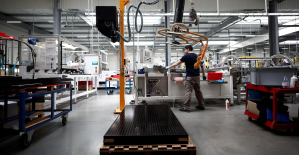 What will become of the 81 employees of Systovi, a French manufacturer of solar panels victim of “Chinese dumping”?
What will become of the 81 employees of Systovi, a French manufacturer of solar panels victim of “Chinese dumping”? “I could lose up to 5,000 euros per month”: influencers are alarmed by a possible ban on TikTok in the United States
“I could lose up to 5,000 euros per month”: influencers are alarmed by a possible ban on TikTok in the United States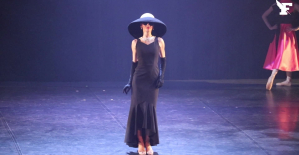 Dance, Audrey Hepburn’s secret dream
Dance, Audrey Hepburn’s secret dream The series adaptation of One Hundred Years of Solitude promises to be faithful to the novel by Gabriel Garcia Marquez
The series adaptation of One Hundred Years of Solitude promises to be faithful to the novel by Gabriel Garcia Marquez Racism in France: comedian Ahmed Sylla apologizes for “having minimized this problem”
Racism in France: comedian Ahmed Sylla apologizes for “having minimized this problem”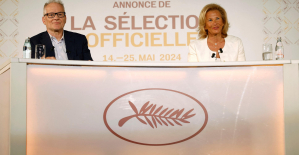 Mohammad Rasoulof and Michel Hazanavicius in competition at the Cannes Film Festival
Mohammad Rasoulof and Michel Hazanavicius in competition at the Cannes Film Festival Skoda Kodiaq 2024: a 'beast' plug-in hybrid SUV
Skoda Kodiaq 2024: a 'beast' plug-in hybrid SUV Tesla launches a new Model Y with 600 km of autonomy at a "more accessible price"
Tesla launches a new Model Y with 600 km of autonomy at a "more accessible price" The 10 best-selling cars in March 2024 in Spain: sales fall due to Easter
The 10 best-selling cars in March 2024 in Spain: sales fall due to Easter A private jet company buys more than 100 flying cars
A private jet company buys more than 100 flying cars This is how housing prices have changed in Spain in the last decade
This is how housing prices have changed in Spain in the last decade The home mortgage firm drops 10% in January and interest soars to 3.46%
The home mortgage firm drops 10% in January and interest soars to 3.46% The jewel of the Rocío de Nagüeles urbanization: a dream villa in Marbella
The jewel of the Rocío de Nagüeles urbanization: a dream villa in Marbella Rental prices grow by 7.3% in February: where does it go up and where does it go down?
Rental prices grow by 7.3% in February: where does it go up and where does it go down? Europeans: “All those who claim that we don’t need Europe are liars”, criticizes Bayrou
Europeans: “All those who claim that we don’t need Europe are liars”, criticizes Bayrou With the promise of a “real burst of authority”, Gabriel Attal provokes the ire of the opposition
With the promise of a “real burst of authority”, Gabriel Attal provokes the ire of the opposition Europeans: the schedule of debates to follow between now and June 9
Europeans: the schedule of debates to follow between now and June 9 Europeans: “In France, there is a left and there is a right,” assures Bellamy
Europeans: “In France, there is a left and there is a right,” assures Bellamy These French cities that will boycott the World Cup in Qatar
These French cities that will boycott the World Cup in Qatar Serie A: Bologna surprises AS Rome in the race for the C1
Serie A: Bologna surprises AS Rome in the race for the C1 Serie A: Marcus Thuram king of Italy, end of the debate for the position of number 9 with the Blues?
Serie A: Marcus Thuram king of Italy, end of the debate for the position of number 9 with the Blues? Milan AC-Inter Milan: Thuram and Pavard impeccable, Hernandez helpless… The tops and flops of the derby
Milan AC-Inter Milan: Thuram and Pavard impeccable, Hernandez helpless… The tops and flops of the derby Ligue 2: Auxerre leader, Bordeaux in crisis, play-offs... 5 questions about an exciting end of the season
Ligue 2: Auxerre leader, Bordeaux in crisis, play-offs... 5 questions about an exciting end of the season




